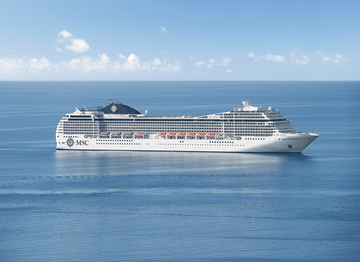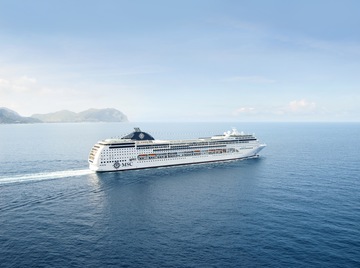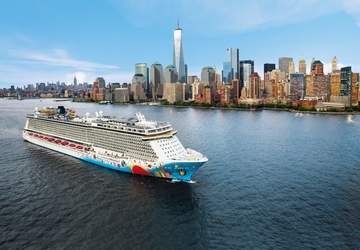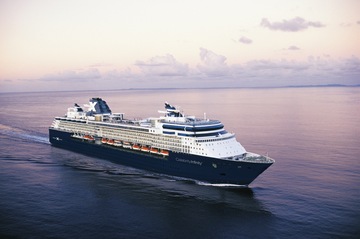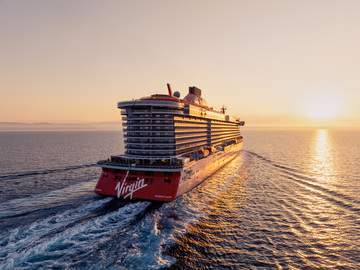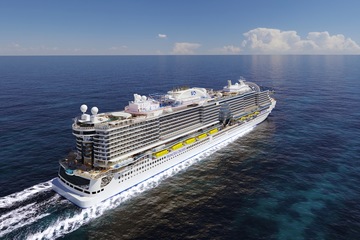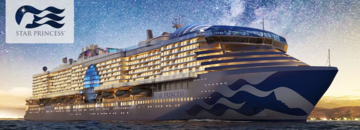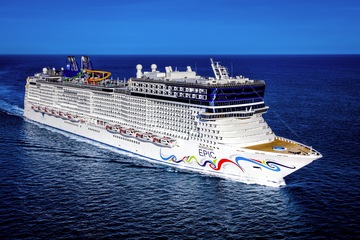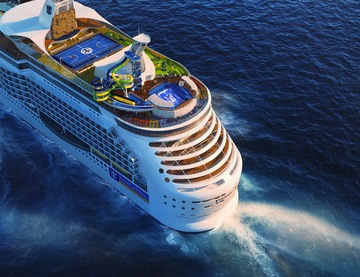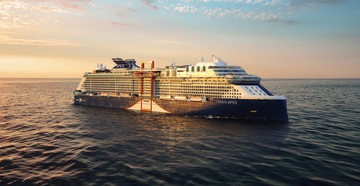18 January 2026 - 7 nights, Full Board
Fly/Cruise Package
€899
Full details
28 June 2025 - 7 nights, Full Board
Fly/Cruise Package
€1,099
Full details
31 August 2025 - 9 nights, Full Board
Fly/Cruise Package
€1,149
Full details
13 June 2025 - 9 nights, Full Board
Fly/Cruise Package
€1,149
Full details
13 July 2025 - 9 nights, Full Board
Fly/Cruise Package
€1,165
Full details
11 January 2026 - 10 nights, Full Board
Fly/Cruise Package
€1,169
Full details
22 July 2025 - 5 nights, Full Board
Fly/Cruise Package
€1,189
Full details
20 September 2025 - 7 nights, Full Board
Fly/Cruise Package
€1,195
Full details
15 October 2025 - 7 nights, Full Board
Fly/Cruise Package
€1,199
Full details
23 June 2025 - 10 nights, Full Board
Fly/Cruise Package
€1,219
Full details
15 September 2025 - 7 nights, Full Board
Fly/Cruise Package
€1,229
Full details
21 August 2025 - 4 nights, Full Board
Fly/Cruise Package
€1,269
Full details
Visiting a variety of enticing destinations in just one holiday is one of the greatest attractions of a cruise. From spectacular scenery to the endless activities while on board the ship? A cruise is the ultimate holiday experience.
Whether you are honeymooning, celebrating an anniversary or bringing the whole family along, there is a cruise on Sunway.ie just for you.
There are hundreds of itineraries available - one to suit everyone. Select a region to start browsing all the possible cruise itineries across the world.
Our cruise specialists can assist you in booking your preferred meal times, airport transfers and of course offer suggestions for pre and post-tour nights.
TRAVEL AWARE - STAYING SAFE AND HEALTHY ABROAD
The Department of Foreign Affairs has up-to-date advice for Irish citizens on staying safe and healthy abroad. For more security, local laws, health, passport and visa information see https://www.dfa.ie/travel/travel-advice/ and follow dfatravelwise


